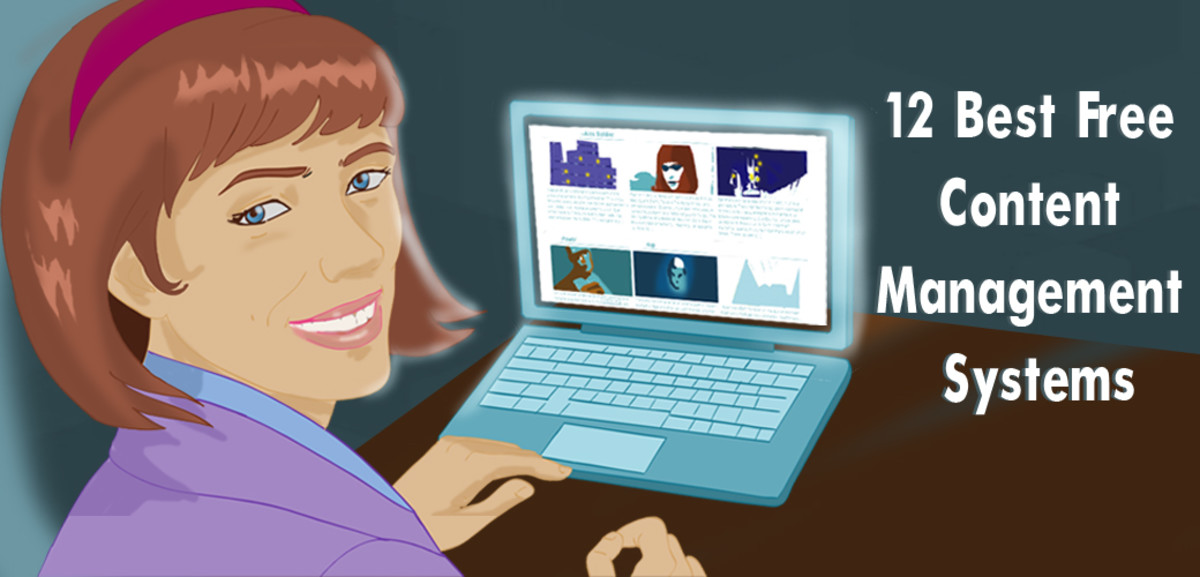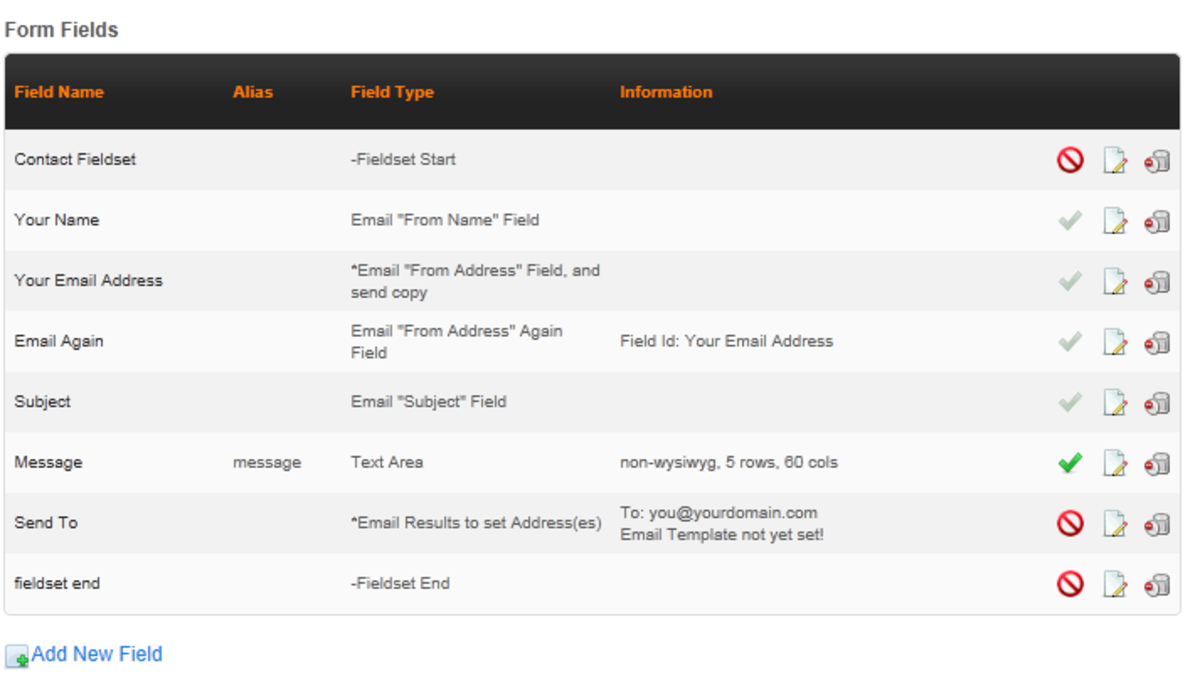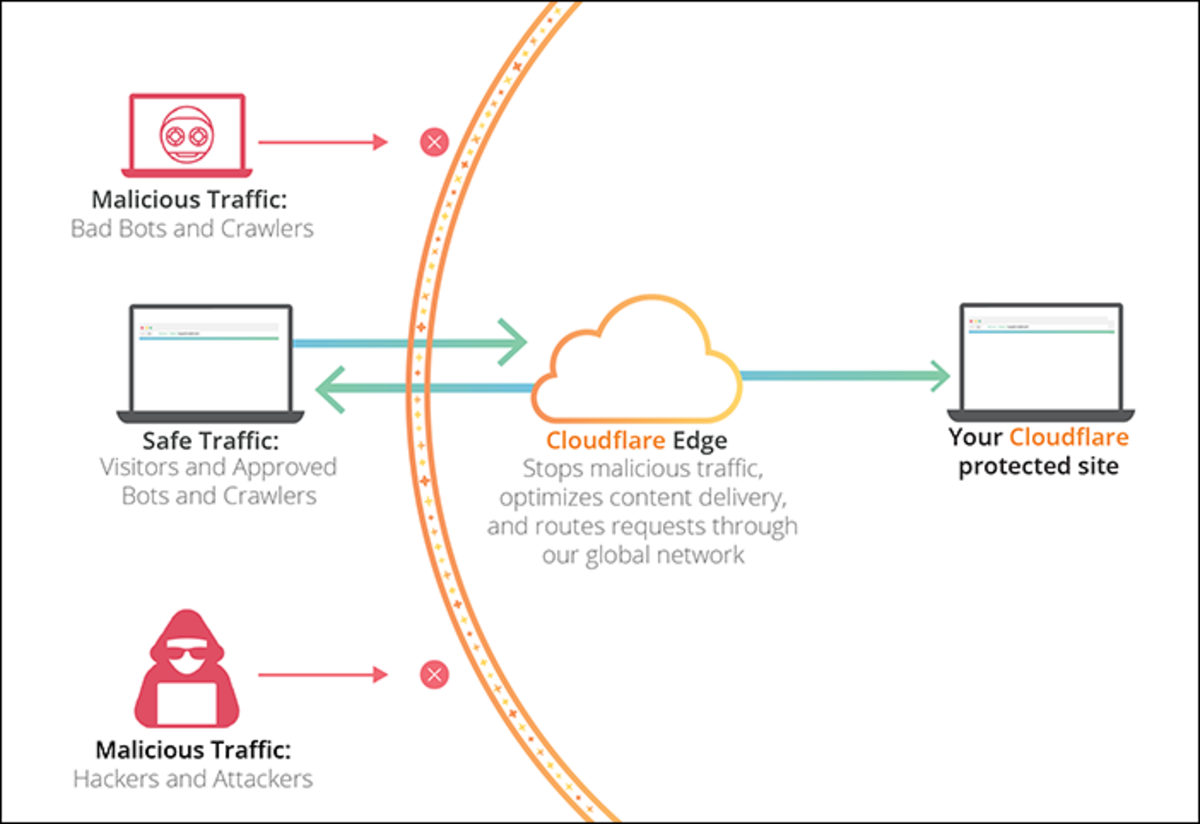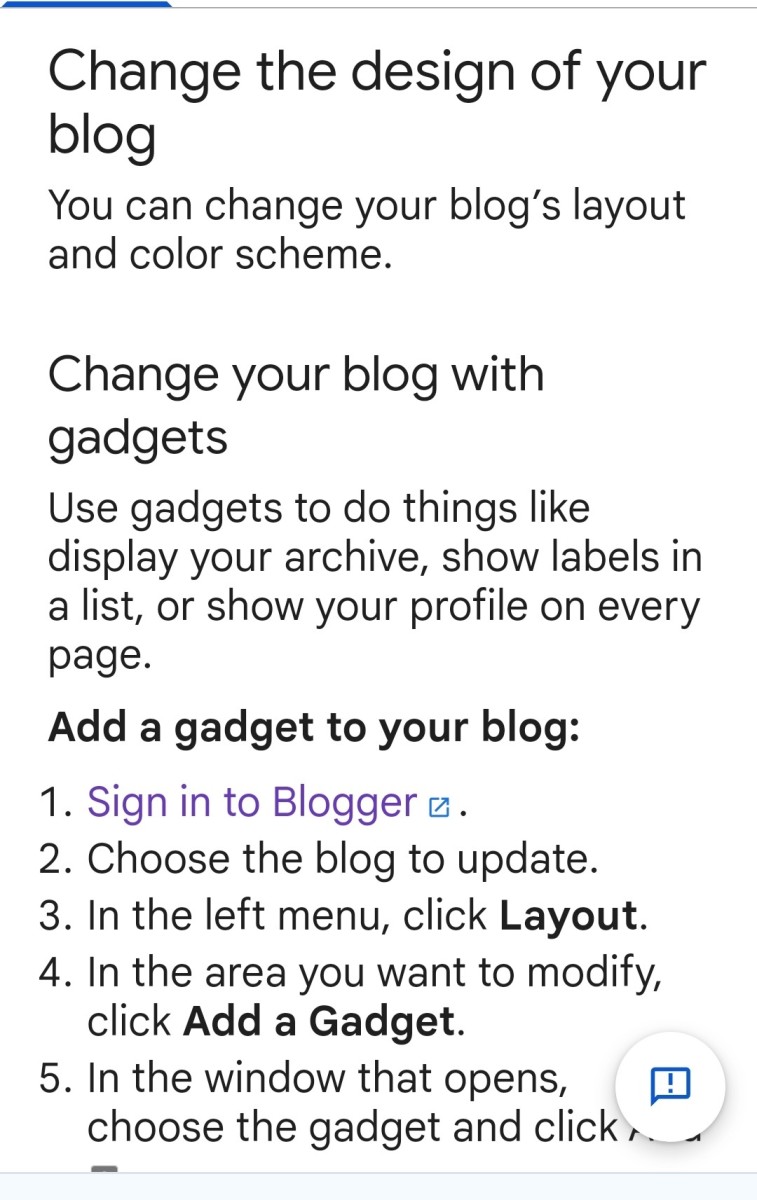Intro to Content Management Systems (CMS)

Overview of CMS: Part 1
Content Management Systems (CMS) are one of the most important tools used by any webmaster for website development and maintenance. They are absolutely useful in the age of Web 2.0, not to mention essential for creating dynamic websites that have multiple users or large amounts of content. A Content Management System above all else, assists you in publishing content as well as allowing you the flexibility to manage your websites workflow, all without technical coding knowledge.
Have you interacted with a CMS before?

What Exactly is a CMS?
But what exactly is a Content Management System or CMS and what is its role in a website? These systems let website managers and administrators conceive, edit, index, and publish content, while giving designers and developers more flexibility and scalability in customizing their looks and functionality. Simply put it is the methodical process of organizing, collecting, creating and disseminating content in a repository. Now this content can be either text or it can include images, binary files, or other digital media.
With a CMS multiple websites can be stored and managed in one place and new content can be added to the websites without any involvement from programmers. This allows the members who create the content to manage and publish it as per requirement whenever and wherever they want. Also the content can be used numerous times over and over again for many different publications and repurposed for multichannel publishing.
In a CMS there are two basic user interfaces, the backend and frontend. All system's have a control panel managed by the administrator that lets you create content, upload pictures or videos, edit and manage the content that is being uploaded, and subsequently publish it on your website. This control panel, usually accompanied by an insightful dashboard, is usually accessed via web browser. The two core features of a CMS are user and group management, these aspects essential because of their role in defining various permissions for users (which helps to increase content security and streamline the workflow of managing content).
Edit Content With Zero Tech Knowledge

Mashable On Content Management Systems:
- Content Management System
Click here for some great articles at Mashable regarding CMS options, strategy, and best practices.
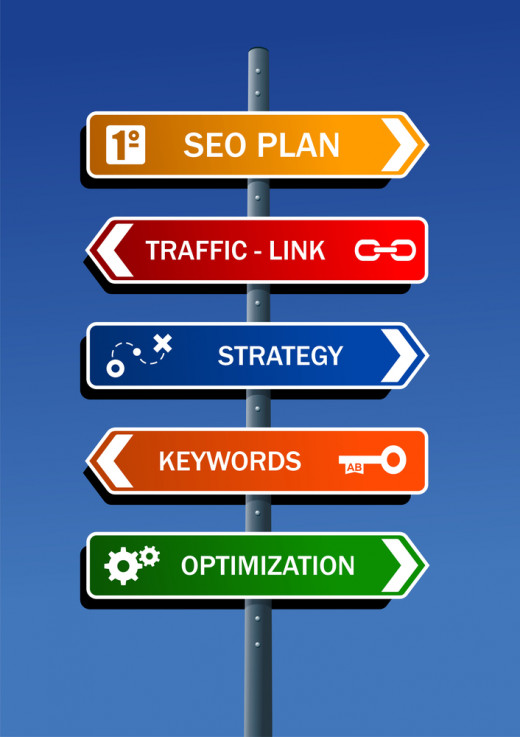
Advantages of Using a CMS
CMS’s empower non-technical authors and editors to easily and quickly publish content with relative ease. The software saves drastically in terms of time, money and security involved with depending upon the IT department to make changes to the website. On top of the reduced reliance on IT, data security is also ensured by the CMS which is a crucial factor for many businesses today.
Below, I have listed some of the major advantages provided by a CMS:
List of Advantages
- User-Friendly: With a system to manage content you can create and publish content in a standard format without needing to know HTML or other languages.
- Simple to Update: A major advantage is that content and the programming aspects of loading the content are separated from the designing or the layout sections. With that separation, users can modify the look and feel of the website in no time, without facing the obstacle of updating each and every page.
- Template Based: Since most options are template based, website structure can be changed in an instance. Once the template is updated in terms of colors, design, or navigational structure, all of the site's pages can be automatically updated at once.
- Maximum Security: As mentioned earlier, security is an important issue particularly for intranets. Such a system can facilitate better content security as it can control who is permitted to publish to a website, and who exactly is endorsed to access certain content.
- Rapid Publishing: Time-to-publish through these systems is very rapid thanks to instant addition of content, images, audio and video through a Control Panel.
- Easy to Manage Large Sites: These software applications for websites make management of huge sites easy as they have inbuilt search functionality which enables the user to search and locate the exact information they are looking for. Without this functionality it may become worthless to have such huge sites.
- Manage Multiple Sites: Most options allow you to manage multiple sites at the same time, while also letting you manage massive amounts of content from a single repository.
- SEO Friendly: A huge advantage of CMS based sites is that its functionality works very well with developing optimal SEO friendly websites. A major reality of search engines is that they give serious preference to websites with new and updated content, rather than websites with stale and outdated content.
Hallmarks of a Great CMS Solution
Ok by now you must be thinking that CMS’s are a miracle, but not all content management systems are useful (let alone adequate). There are certain characteristics that you have to look for to ensure that you get the perfect CMS for your business or individual objectives.
So take a look at some of the hallmark features that characterise a useful and efficient CMS solution:
- Multilingual
- Delegation and Permissions
- Roll-back and Versioning
- User Generated Content
- Asset Management
- Templates for New Pages
- Meta-Data Management
- WYSIWYG Preview
- Workflow Management
- Design and Layout
- Extensibility

HubSpot Set to Release a CMS
- IPO Candidate HubSpot Expands Beyond Marketing With New Products - Forbes
The quickly growing marketing company HubSpot, which has 10,000 customers and raised about $131 million, is launching two new products. One being a Content Management System
Types of CMS
There are as many types of CMS’s in the market as there are flavours in the local ice-cream store. Ok maybe that is a bit of an exaggeration, but there are numerous and it becomes increasingly difficult to choose one that is appropriate for you.
The two most popular options out there are:
With these facts in mind, stay tuned for Part 2 (continuing this Hub) where I delve into the various options for CMS solutions on the market. Thanks for reading!

